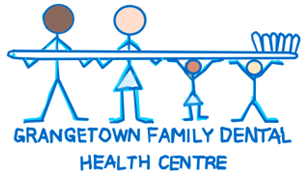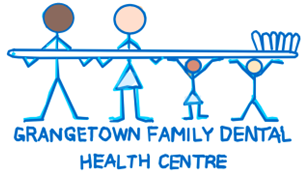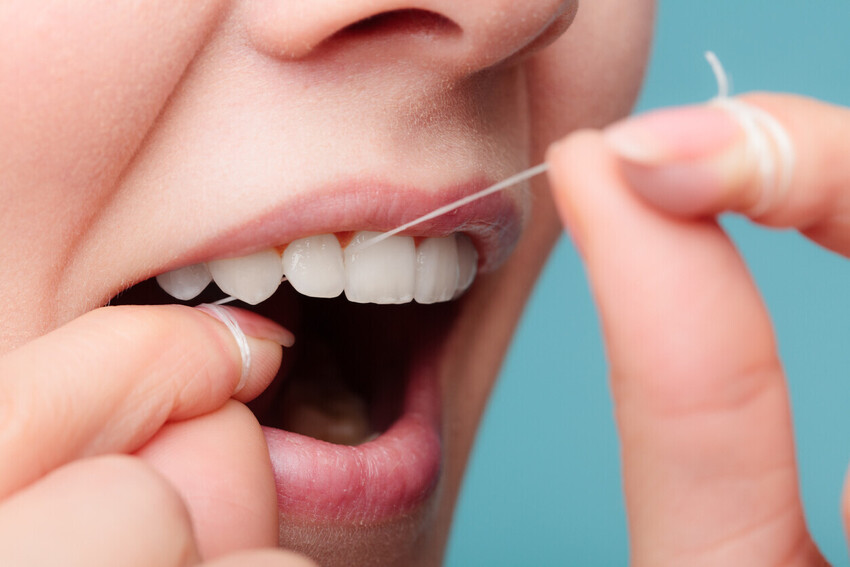
Gum disease
Your gums surround your teeth and help to support them. Looking after your gums is extremely important. They need looking after just as much as your teeth. Bleeding gums indicate that your gums are swollen and could be a sign of gum disease, known as gingivitis. this is merely inflammation of the gums. If gingivitis is left untreated it can develop further into periodontitis. This is inflammation of the gums but also affects the bone supporting the teeth. As a result, you could lose your tooth. In order to keep your mouth in an optimum condition we recommend you come in for regular dental check-ups. Brush your teeth regularly twice a day that is last thing at night and on one other occasion. Floss or use an interdental brush (interdental cleaning aids) at least twice a day. Make sure you use a toothbrush that suits your needs. Your dental professional will advise on what will be best suited for you.
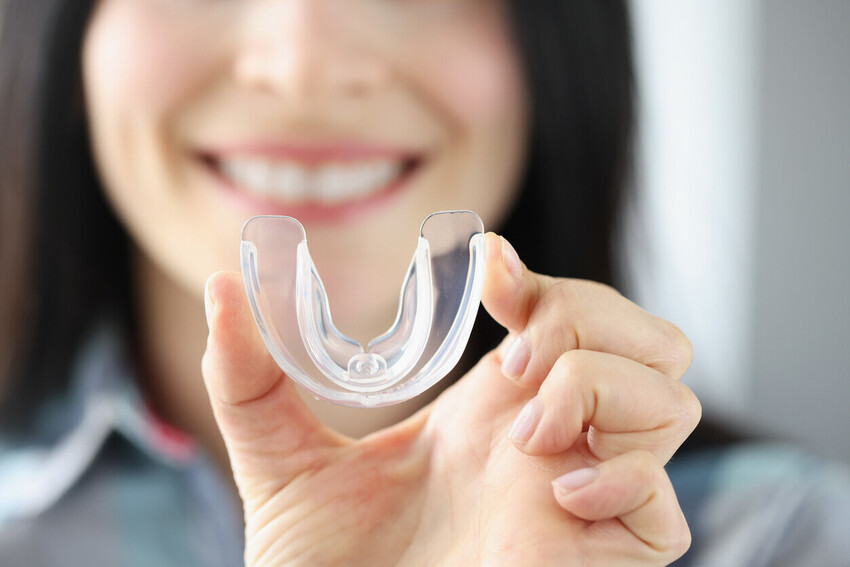
Grinding
Cause of Exposure: Teeth grinding, also known as bruxism, can result from stress, malocclusion (a misaligned bite), or certain diseases affecting your muscles. Over time, grinding can lead to thinning enamel on your teeth's biting surfaces. Eventually, this thinning will cause the enamel to wear away, leaving the dentine exposed and can also result in fractured teeth . To prevent your enamel from thinning, your dentist can make a splint or an acrylic mouthguard to reduce tooth-to-tooth wear while you sleep.
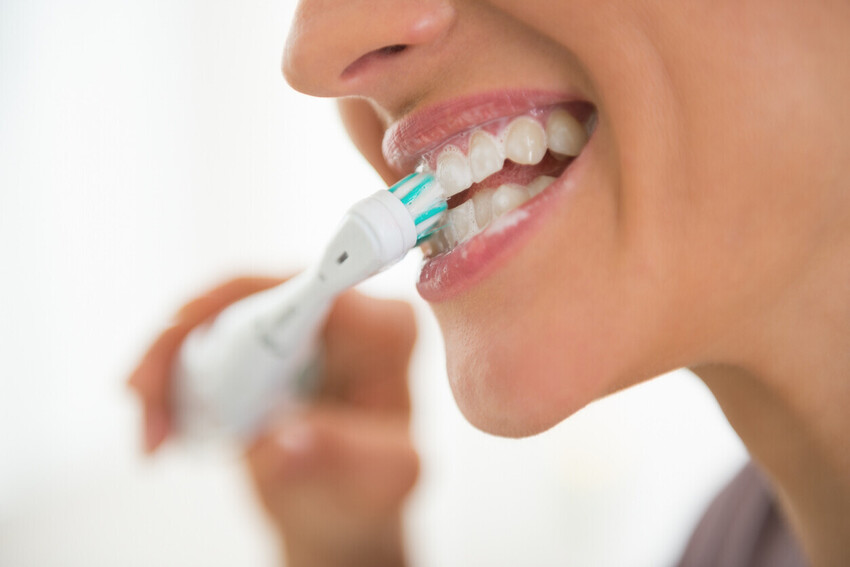
Overzealous Brushing
Cause of Exposure: Using a hard toothbrush and repeatedly scrubbing, especially with abrasive toothpaste, can also scrape off your enamel and expose dentine. Overbrushing is most troublesome along the gumline, where the enamel is thinnest. Prevention: If you're a vigorous brusher, switch to a soft-bristled brush or an electric toothbrush that alerts you when you brush too hard. Also, use non-abrasive toothpaste.

Cookies, cakes, candies and sodas
Everywhere you go, there are sugary treats to tempt you and your kids. The effects of sugar on teeth may not be noticeable right away, but too much can lead to tooth decay if you don't stay on top of it. Here's how sugar can harm your family's dental health and what you can do to prevent it.
When you eat or drink sugary foods – refined, processed or in the form of carbohydrates – you're feeding the beast. Bacteria in your mouth digest the foods you eat and specifically feed on the sugar, producing acids that can slowly dissolve tooth enamel and cause tooth decay. So the more sugary foods you eat throughout the day, the more your teeth are exposed to decay-causing acids.
